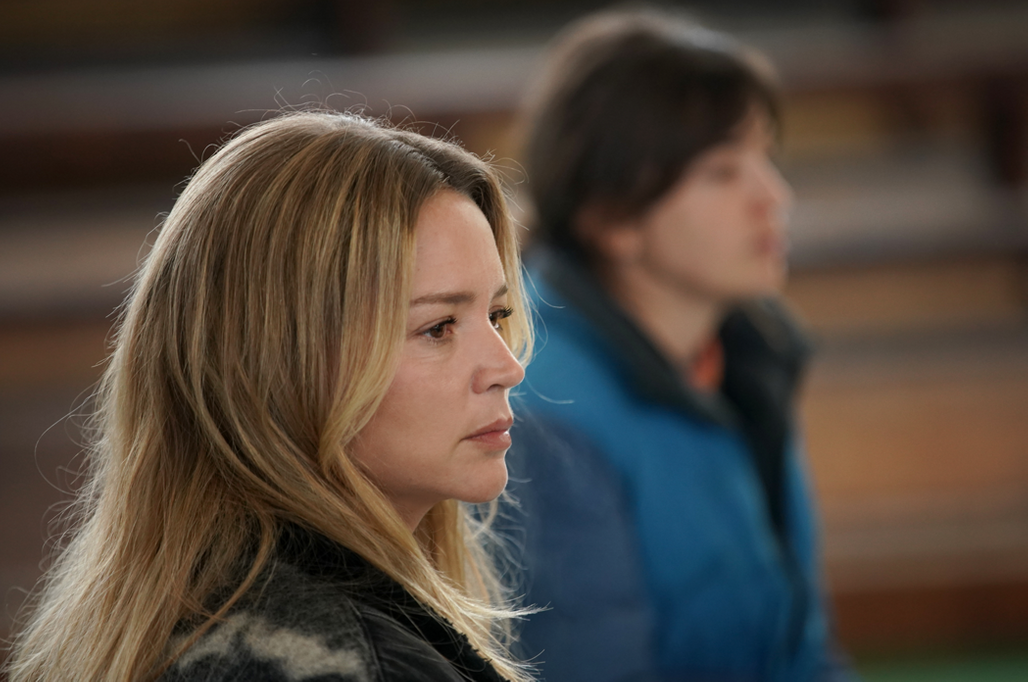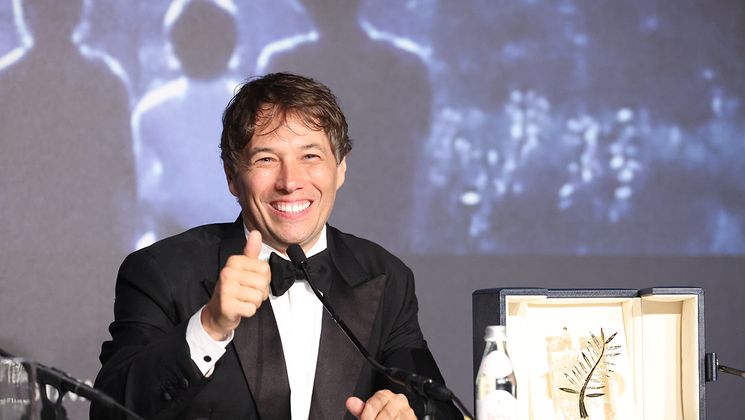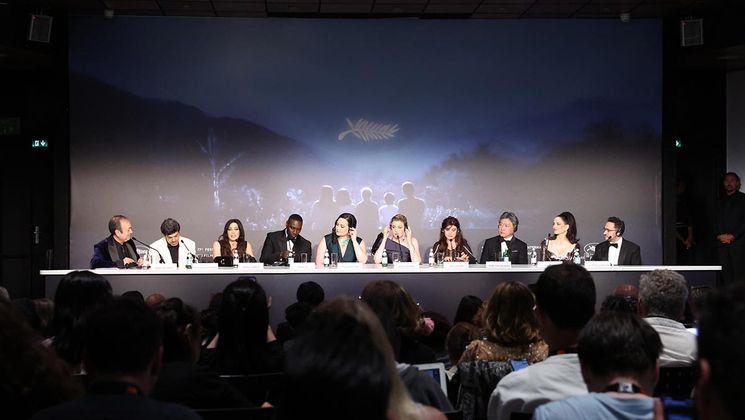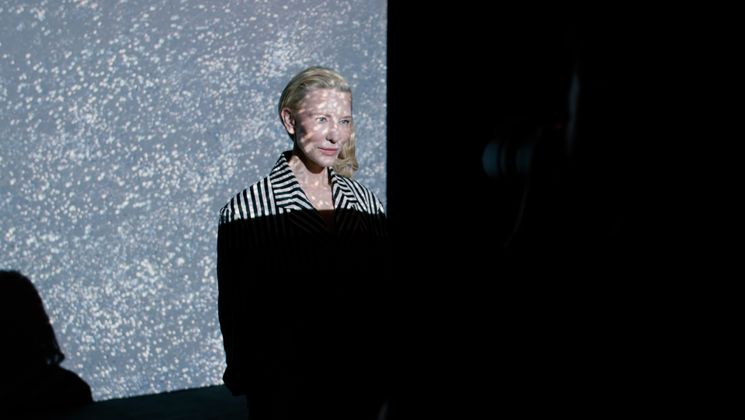
Rien à perdre (All to Play For) as seen by Delphine Deloget

When Sofiane is injured after being left home alone while his mother Sylvie (Virginie Efira) is at work, Sylvie is reported and Sofiane goes into care. Backed up by a lawyer, Sylvie prepares to take on the legal system. In Rien à perdre (All to Play For), Delphine Deloget serves up a debut film that tackles child protection and overcoming adversity.
How did the idea for your film come about?
Originally, I wanted to capture what remains of a family when everything goes up in flames — starting with a chip pan that catches fire one night in an apartment. It’s about how a family comes to terms with their pain and learns to live without each other. The foster care storyline came later as the writing progressed, as a way of conveying this struggle: pain, as well as the necessity of leaving behind those you love.
How did you shoot the film?
We were filming right in the middle of the pandemic, with people going off sick, the actors for secondary characters changing at the last minute, last-minute location switches, and very tight working conditions. Everybody had to stay focused on what they were doing, there was this permanent sense of urgency. We had days of pure bliss where the stars aligned, and others where everything went wrong, everything was hanging on a single thread. We never went into cruise mode. The actual filming reflected the lived experience of Virginie Efira’s character.
What can you tell us about your actors?
I wanted to capture this blending of seasoned actors and those who had never performed before, or had more experience with stage acting. The idea wasn’t to work with non-professionals, but rather to work with actors and artists from all backgrounds. I wanted to see how that would play out in terms of performance, the energy on set… I spent a lot of time on my casting, because even for the smallest, most fleeting role, I wanted to have screen tests, I wanted to meet the actors, see whether they were the right fit.
“I wanted to capture what remains of a family when everything goes up in flames.”
What did you learn during the course of making this film?
It was my first feature film, and I made every mistake in the book! Having said that, I developed and made the film with a certain carefreeness. I learnt a lot, but I’m convinced that everything I learnt wouldn’t help me were I to embark on a second film. I’ve made a lot of documentaries and each new film is a blank canvas that comes with new challenges, new ways of thinking. You ultimately realise that you’re better off unlearning everything you learnt from the previous film: it’s better to toss it away and keep your mind free.
What would you like people to take away from your film?
I’d like people to remember its characters, to think of them as having existed at some point. In documentaries, the people you film exist before and after filming. In fiction, the before and after is a void, a nothingness. And naturally, I’d like some trace of them to remain, somewhere.
What made you want to become a director?
I don’t feel I decided to become a filmmaker, wanting to make films was a weird idea I couldn’t admit to. It just wasn’t an option. But I wanted to make images, sounds, stories… Probably in a bid to make sense of my anxieties. I started with documentaries, as you can make them with very little. The urge to create fiction gradually grew as a result of meeting producers, actors, screenwriters. I became aware that “creating something artificial” can actually ring truer.


